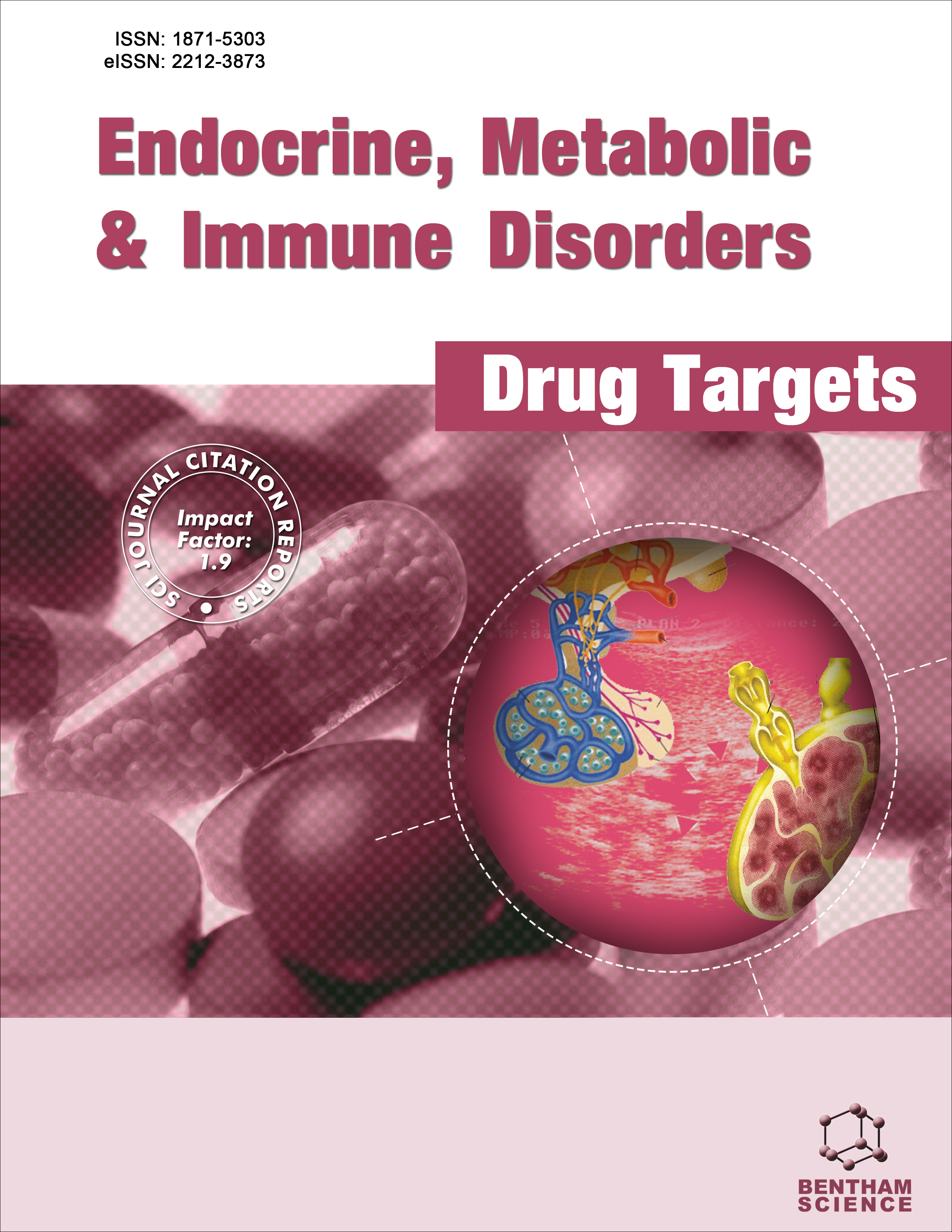
Full text loading...
Any cancer diagnosis induces fear and shocking emotional experiences accompanied by anxiety, depression, unpredictability, and distress. The emotional effect of a cancer diagnosis and the rigidity of cancer treatment negatively impact the quality of life (QoL) of patients, and this may continue after treatment. Additionally, emotional distress induces neuroendocrine stress activation systems and raises stress hormone secretion by causing immunological dysfunctions. The present narrative review aims to describe nursing coaching approaches that improve QoL perceptions among cancer patients during their hospitalization.
This review was carried out using the PRISMA methodology until the end of November 2023 through PubMed, Scopus, Web of Science, and CINAHL databases. Researchers systematically collected all the currently available literature. The search terms and boolean operators used to combine keywords were: “QoL” AND “hospitalization” AND “cancer patients” AND “nursing coaching”.
Four manuscripts were selected in the present review. One manuscript belonged to the British Nursing Database and was a mixed-block-randomized study; one belonged to Scopus, which was also in the PubMed, WoS, and Medline and was a study protocol for an Randomized Controlled Trials (RCT) and two manuscripts belonged to the PubMed database and were all RCTs.
Nursing coaching improved QoL perceptions in cancer patients during their hospitalization. Patients were found to prefer in-person interventions to nurse-led ones, which improved QoL perceptions. However, further interventional studies need to be performed in order to better address coaching nursing interventions during the hospitalization of cancer patients.

Article metrics loading...

Full text loading...
References


Data & Media loading...
Supplements

